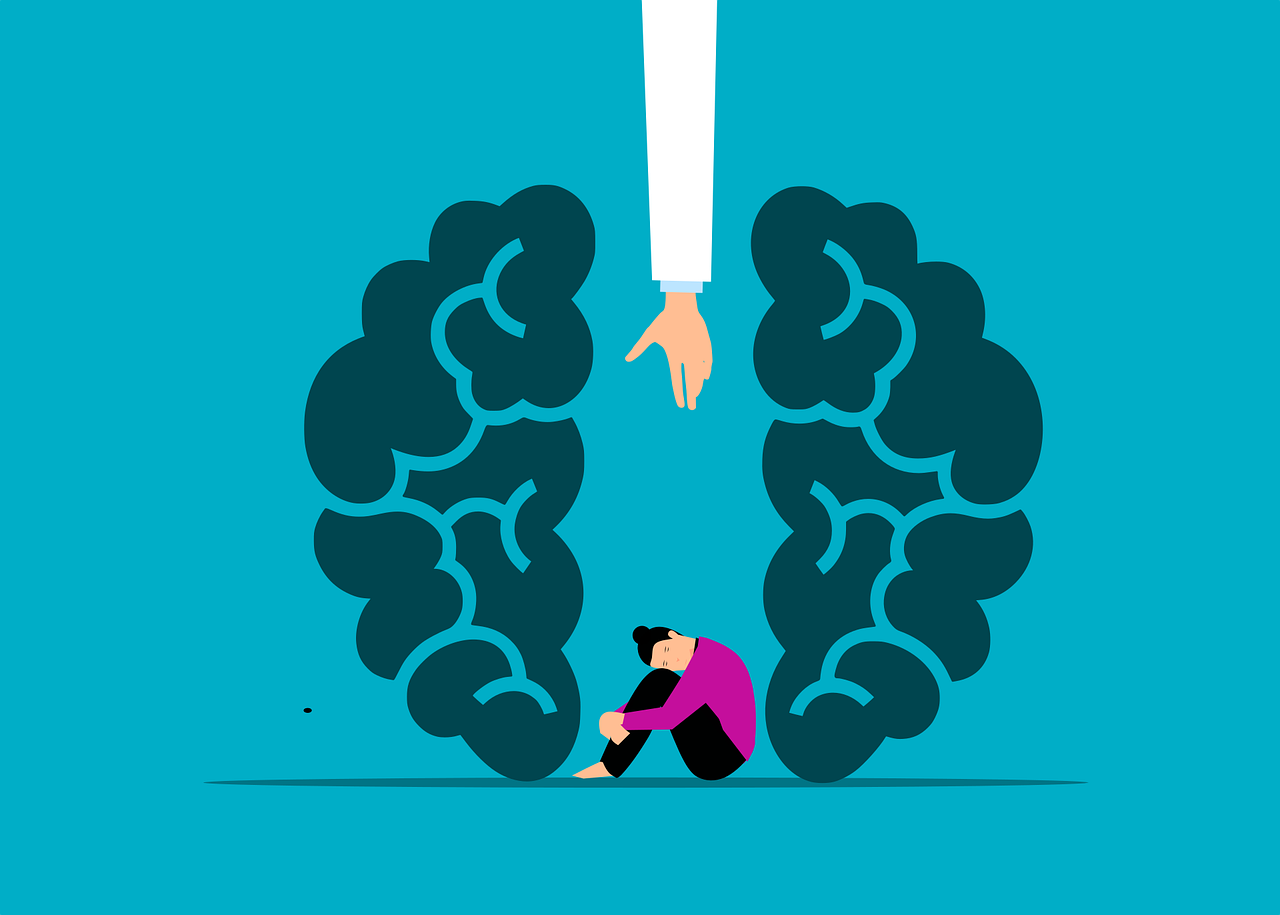Counselling can be highly beneficial for children who are dealing with various issues and mental health challenges. Here’s how counselling can help your child:
- Safe and Confidential Space: Counselling provides a safe and confidential space for your child to express their thoughts, feelings, and concerns without fear of judgment. This environment allows them to open up about their struggles, which they may not feel comfortable discussing with family or friends.
- Emotional Support: A trained counsellor can offer emotional support, validation, and empathy, helping your child feel understood and less alone in their struggles.
- Skill Building: Counsellors can teach your child coping strategies, problem-solving skills, and emotional regulation techniques to help them manage their issues more effectively.
- Identify and Understand Issues: Counsellors are skilled at identifying underlying issues and helping children understand the root causes of their mental health challenges. This insight is a crucial first step in addressing and resolving those issues.
- Improving Communication: Counselling can enhance your child’s ability to communicate their thoughts and emotions more effectively, both within and outside the counselling sessions.
- Behavioural Changes: Counsellors work with your child to identify and modify any negative or harmful behaviours that may be contributing to their issues.
- Building Resilience: Through counselling, children can develop resilience and the ability to bounce back from adversity, as well as develop a more positive outlook on life.
- Treatment of Specific Disorders: If your child is diagnosed with a specific mental health disorder (e.g., anxiety, depression, ADHD), counselling can provide evidence-based treatments tailored to their condition. This may include cognitive-behavioural therapy (CBT), dialectical behaviour therapy (DBT), or other therapeutic modalities.
- Medication Management: In some cases, a counsellor may work in conjunction with a doctor to manage medication if it’s deemed appropriate for your child’s condition.
- Family Support: Family counselling or therapy sessions may be offered to involve the entire family in the healing process. This can help address family dynamics and improve communication and support.
- Preventative Measures: Counselling can also be a proactive approach to addressing issues before they become more serious or chronic.
- Empowerment: Through counselling, children can gain a sense of empowerment and self-confidence, which can be instrumental in dealing with their issues and mental health challenges.
It’s important to remember that seeking counselling for your child doesn’t mean you’ve failed as a parent. In fact, it can be a positive and responsible step to provide your child with the support they need to thrive. Finding a skilled and experienced child therapist is crucial to ensuring that your child receives the best possible care. Always consult with a mental health professional to determine the most suitable approach for your child’s specific needs.
If you would like to get in touch to see how we can best support your child’s wellbeing you can contact www.oktalk.co.uk.
More information on https://oktalk.co.uk/private-wellbeing/services-private/young-people-counselling/

